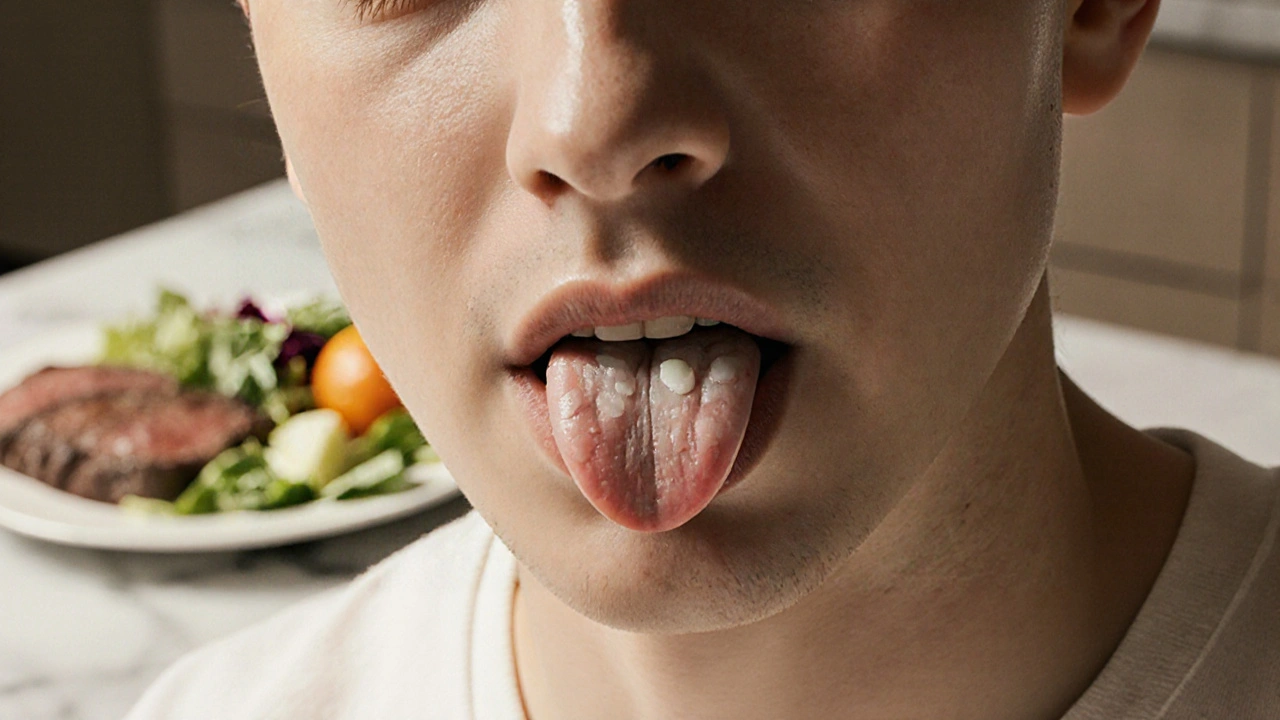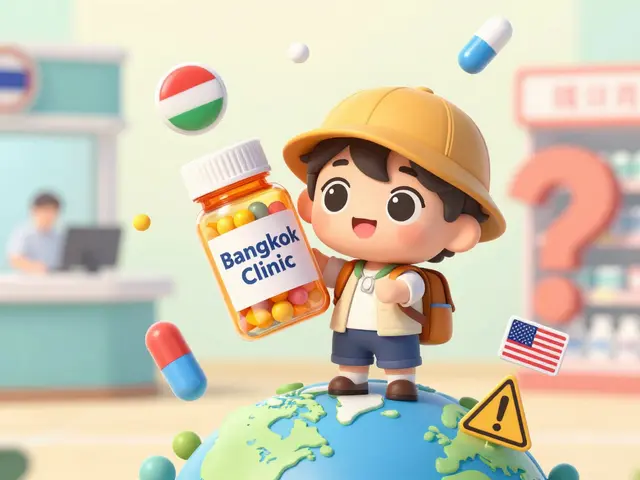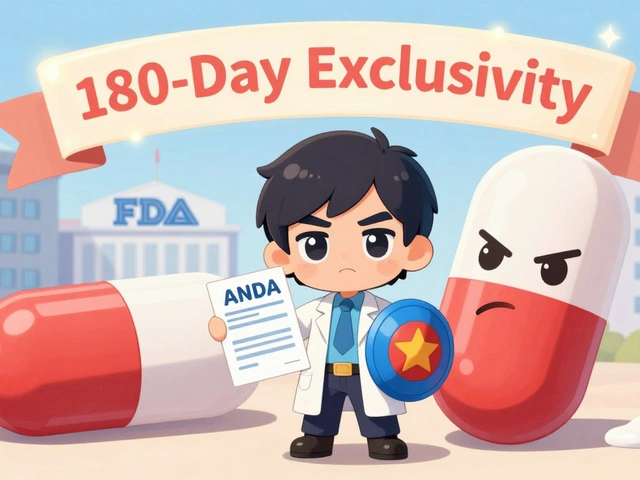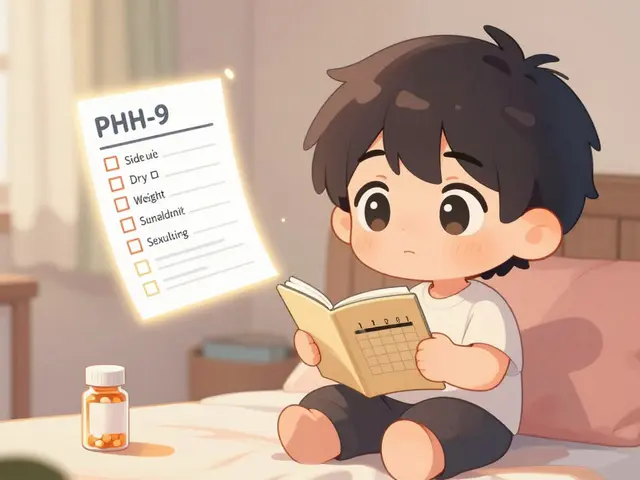Taste Loss: What It Is and Why It Happens
Did you know that a sudden loss of taste can be a sign of something more than just a cold? Whether you notice your food tasting bland or you can’t detect sweet, salty, sour, or bitter at all, this change is called taste loss or dysgeusia. It can show up after a virus, a medication, or a health issue, and it often scares people because eating becomes less enjoyable.
First, understand that taste isn’t only about the tongue. Tiny taste buds send signals to nerves, which travel to the brain. Anything that damages those buds, blocks the nerves, or confuses the brain can mute flavor. The good news is that many causes are temporary, and you can take steps to speed up recovery.
Common Triggers You Can Spot Quickly
Here are the top reasons people lose taste:
- Viral infections – COVID‑19 made taste loss famous, but the flu, cold, and other viruses can do the same.
- Medications – Some antibiotics, antihistamines, and blood pressure pills list taste changes as a side effect.
- Dental problems – Gum disease, infections, or poor oral hygiene can affect taste buds.
- Head injuries – A blow to the head can damage the nerves that carry taste signals.
- Health conditions – Diabetes, thyroid disorders, and nutritional deficiencies (especially zinc) may blunt flavor.
If you can match any of these to your recent history, you’ve likely found the culprit.
Practical Steps to Bring Flavor Back
Don’t just wait for taste to return on its own. Try these simple actions:
- Stay hydrated – Dry mouth reduces the ability of taste buds to work. Sip water throughout the day.
- Practice good oral care – Brush twice daily, floss, and use a mild mouthwash. Replace old toothbrushes every three months.
- Check your meds – Ask your doctor if any prescription might be affecting taste. Sometimes a dose tweak or an alternative can help.
- Boost zinc – Foods like pumpkin seeds, beef, and chickpeas are zinc‑rich. A short supplement course (under doctor guidance) can aid recovery.
- Flavor training – Eat a variety of strong‑tasting foods (citrus, spicy, bitter coffee) for a few minutes each day. This can stimulate the buds.
- Avoid smoking and alcohol – Both dry out the mouth and irritate taste buds.
If you’ve tried these tips for a couple of weeks and still notice no change, it’s time to see a healthcare professional. They may recommend a taste test, blood work, or refer you to an ENT specialist.
Remember, loss of taste is often a sign, not a sentence. Identify the trigger, apply the easy fixes, and give your body a chance to heal. Before you know it, you’ll be enjoying the taste of your favorite pizza again.
How Dry Mouth Affects Your Taste Buds and Appetite

Dry mouth can dull taste buds, shrink appetite, and trigger cravings. Learn why it happens, how it impacts eating, and simple steps to restore flavor and hunger.
read more



